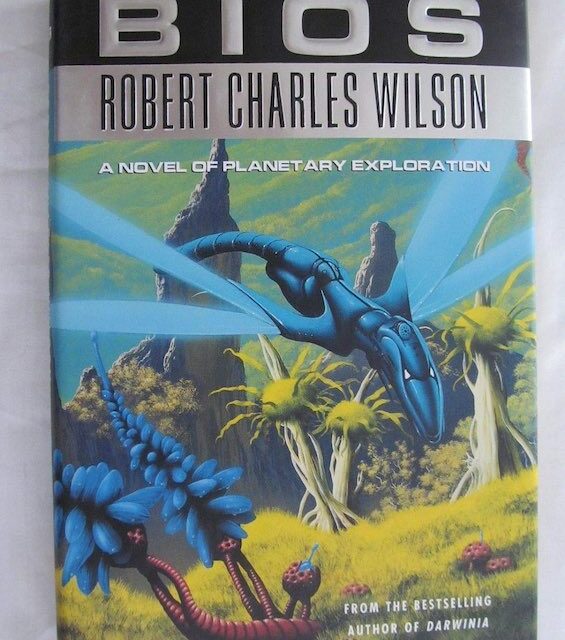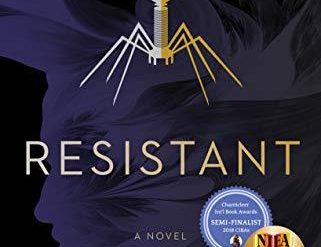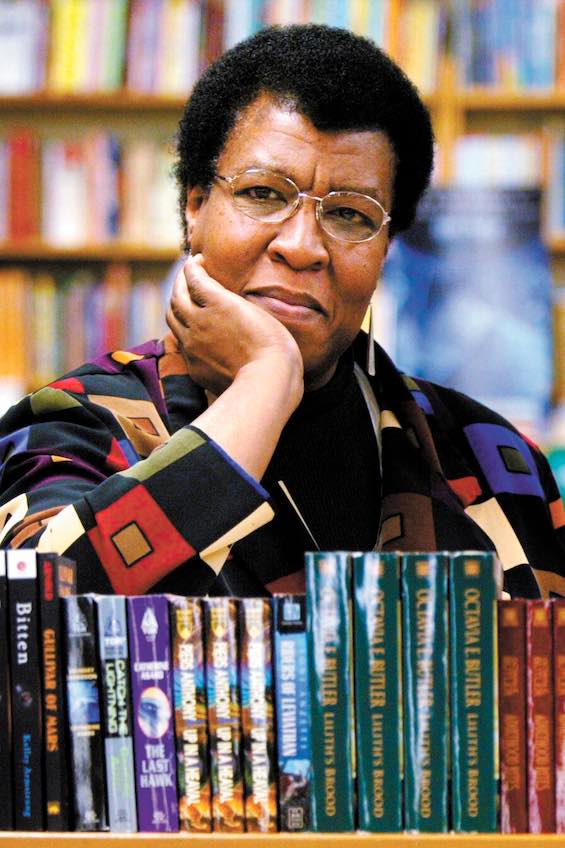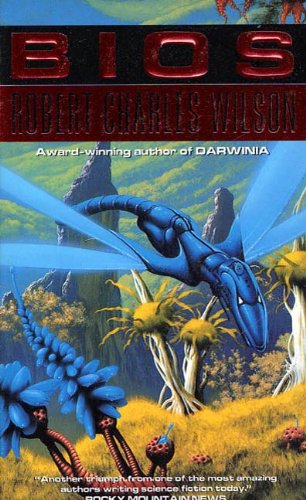
Estimated reading time: 5 minutes
Somewhere in the vast expanse of the Milky Way, with its hundreds of billions of stars and innumerable planets in orbit around them, intelligent life must have arisen. The circumstances of our emergence on Earth are unusual. But it’s hubris of the highest order to insist that they’re unique amid all this vastness. Yet decades of intensive effort to scan the heavens for signs of some other sentient species have come to naught. “Where is everybody?” Enrico Fermi famously asked in 1950. And we still don’t know. Why? Science fiction author Peter Cawdron offers a variety of explanations in some of the twenty-five novels he’s written about First Contact. And in Bios, Robert Charles Wilson’s thought-provoking novel about genetically engineered colonists, the Hugo Award-winner serves up another. It’s ingenious, and in its fashion, entirely plausible.
Humankind is on the threshold of the stars
Midway through the twenty-second century human colonies have spread throughout the Solar System. Large populations live on Mars, the moons of the gas giants, on asteroids, and on many of the Kuiper Belt bodies. Through genetic engineering, scientists have altered colonists’ DNA to help them adapt to the inhospitable environments of their new homes. Meanwhile, billions still on resource-strapped Earth live in poverty, ruled under a rigid class system from Beijing by an international oligarchy of “the Families.”
The planet’s government is a sprawling bureaucracy, the most powerful elements of which are divided between two warring factions: Works, and Devices & Personnel. Works represents the conservative, traditional approach, unwilling to advance to the stars. Devices & Personnel is far more adventurous, bent on using humankind’s sole outpost in the stars—a lush, Earth-like planet called Isis—as a launching pad for expansion far into the galaxy. And amid the two factions’ struggle for dominance a bold, under-the-radar experiment by Devices & Personnel leads a young woman named Zoe to become the first human to roam the surface of Isis.
Bios by Robert Charles Wilson (1998) 208 pages ★★★★★
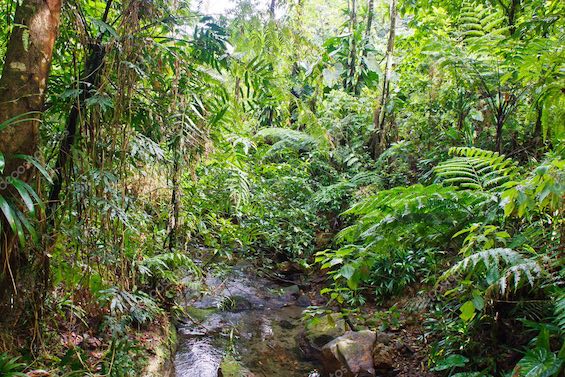
Designed and bred to survive life on a hostile planet
“Zoe Fisher was a creation of the Devices and Personnel branch of the Trusts,” Wilson informs us. “She had been bred and modulated for her work on the distant world of Isis. She was, essentially, a human machine.” Her body, her very DNA, incorporated advanced biological technology, mainly immune-system enhancers, designed to help her survive the assault of microorganisms on the surface of Isis that would kill any other human being. And on-planet she would wear a skin-hugging translucent membrane that added further protection. Now, weeks after acclimatizing in the Isis Orbiting Station and inside the “downstation” called Yambuku, Zoe has finally set out on an excursion on the surface. All around her the human presence on the planet is crumbling under the massive weight of the harsh, microcellular life that is constantly trying to drive it away. And as she penetrates more deeply into the primeval forest around Yambuku, Earth politics intervene, driving her further away from Yambuku and into an uncertain future.
About the author
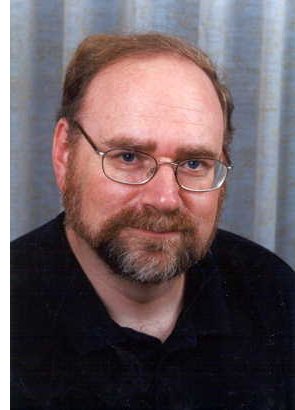
“Robert Charles Wilson,” according to his author website, was “born in 1953, has been a full-time professional writer since 1986. He has published 16 novels, numerous short stories, and several non-fiction pieces and book reviews. He lives in Concord, Ontario, with his wife Sharry, a professional proofreader and author.” Wikipedia adds further that Wilson was born in the United States but grew up near Toronto and has lived most of his life in Canada ever since. He has won many of the most prestigious awards for science fiction, including the Hugo, the Locus, the Philip K. Dick, and the John W. Campbell Memorial Award. Wikipedia lists nineteen novels to his credit.
For related reading
I’ve also reviewed four other novels by Robert Charles Wilson:
- Spin – Spin Trilogy #1 (A Big History of the future in this popular visionary science fiction novel), which won the Hugo Award for Best Novel
- Axis – Spin Trilogy #2 (In this sci-fi novel, God is a networked intelligence)
- Vortex – Spin Trilogy #3 (The Spin Trilogy concludes with the heat death of the universe)
- Blind Lake (An award-winning sci-fi novelist writes a disappointing book)
For more good reading, check out:
- The five best First Contact novels
- Peter Cawdron’s insightful First Contact book series
- These novels won both Hugo and Nebula Awards
- The ultimate guide to the all-time best science fiction novels
- The top science fiction novels
- 10 new science fiction authors worth reading now
And you can always find my most popular reviews, and the most recent ones, on the Home Page.

